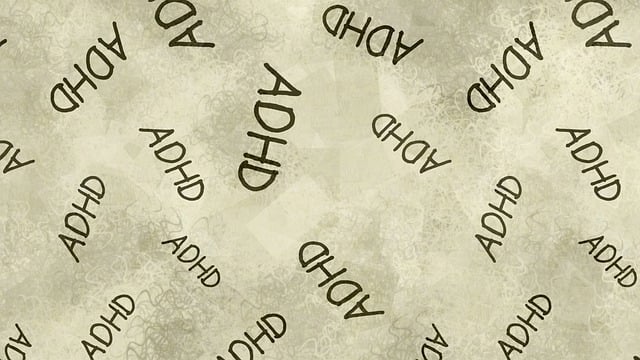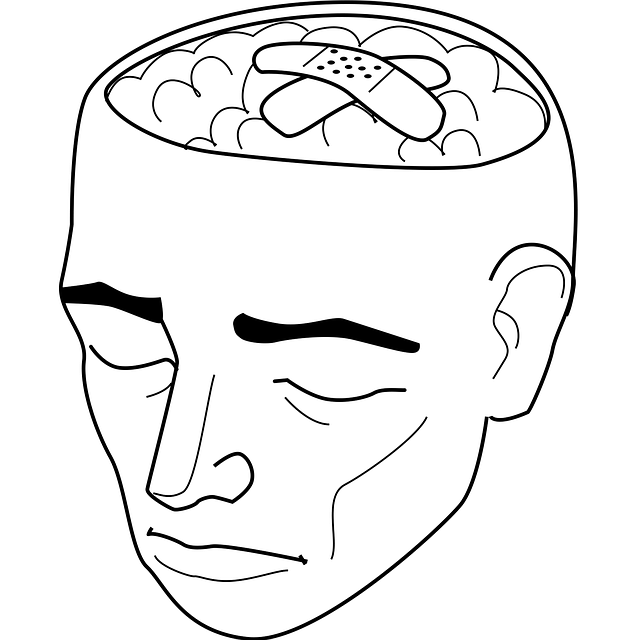Lone Tree Codependency Therapy is a tailored program addressing the often overlooked mental health issue of codependency. By focusing on self-awareness exercises, self-esteem improvement, and personalized interventions like Social Skills Training, they help clients break free from unhealthy attachment patterns. Through safe spaces, empathy building, and regular assessment with cultural sensitivity, Lone Tree Codependency Therapy fosters self-love, enhances mental wellness, and empowers individuals to navigate life's complexities effectively.
“Unraveling the complexities of mental wellness, this article explores the transformative power of Lone Tree Codependency Therapy. We delve into understanding codependency as a foundational aspect of holistic healing. Furthermore, it provides a comprehensive guide to designing effective coaching programs, offering practical insights for therapists.
From recognizing codependent behaviors to implementing successful therapy strategies, each section unravels vital components. Discover how tailored interventions can empower individuals in their journey towards mental wellness, with a special focus on Lone Tree Therapy techniques.”
- Understanding Codependency: The Core of Lone Tree Therapy
- Designing Effective Mental Wellness Coaching Programs
- Implementing and Measuring Success in Codependency Therapy
Understanding Codependency: The Core of Lone Tree Therapy

Lone Tree Therapy delves into the core issue of codependency, a common yet often overlooked aspect of mental wellness. Codependency refers to an unhealthy emotional attachment where individuals become overly dependent on others for their self-worth and validation, often at the expense of their own needs and independence. This can manifest in various relationships, leading to a cycle of unmet needs and resentment.
The therapy program offers tailored Self-Awareness Exercises to help clients recognize codependent patterns. By fostering Self-Esteem Improvement, individuals learn to value themselves independently of external approval. Through these exercises, participants gain insights into their behaviors, triggers, and beliefs, enabling them to make positive changes in their lives. Lone Tree Codependency Therapy aims to empower individuals to break free from these unhealthy dynamics, fostering a deeper sense of self-love and respect.
Designing Effective Mental Wellness Coaching Programs

Developing effective mental wellness coaching programs requires a nuanced approach that caters to the diverse needs of individuals seeking support. Lone Tree Codependency Therapy, for instance, highlights the importance of personalized interventions aimed at fostering self-awareness and healthy relationships. Coaches play a pivotal role in creating safe spaces where clients can explore their emotions, challenges, and aspirations without fear of judgment.
Key components include integrating evidence-based practices such as Social Skills Training to enhance communication and interpersonal connections, incorporating Risk Management Planning for Mental Health Professionals to safeguard both the coach and client, and employing Empathy Building Strategies to strengthen understanding and rapport. By combining theoretical knowledge with practical techniques, coaches can facilitate meaningful change, empowering individuals to navigate life’s complexities with resilience and enhanced mental wellness.
Implementing and Measuring Success in Codependency Therapy

Implementing successful Lone Tree Codependency Therapy involves tailoring treatment plans to individual needs while fostering a supportive environment. Therapists play a crucial role in guiding clients through emotional healing processes by promoting self-awareness exercises and teaching healthy boundary setting skills. Regular assessment and adjustment of these strategies are essential to measure progress and ensure the effectiveness of the program.
The Healthcare Provider Cultural Competency Training is integral to this process, ensuring therapists understand and respect diverse client backgrounds. By integrating cultural sensitivity into treatment methods, Lone Tree Codependency Therapy aims to create an inclusive space where individuals can safely explore their relationships and embark on a journey towards self-improvement, ultimately enhancing the overall success of the program.
Lone Tree Codependency Therapy offers a unique approach to mental wellness coaching, focusing on understanding and addressing codependency at its core. By designing effective programs that cater to individual needs, therapists can facilitate significant improvements in clients’ lives. Implementing and measuring success through structured methods ensures that these programs remain dynamic and adaptable. Ultimately, this holistic methodology empowers individuals to achieve lasting mental well-being, fostering healthier relationships and a more balanced lifestyle.














